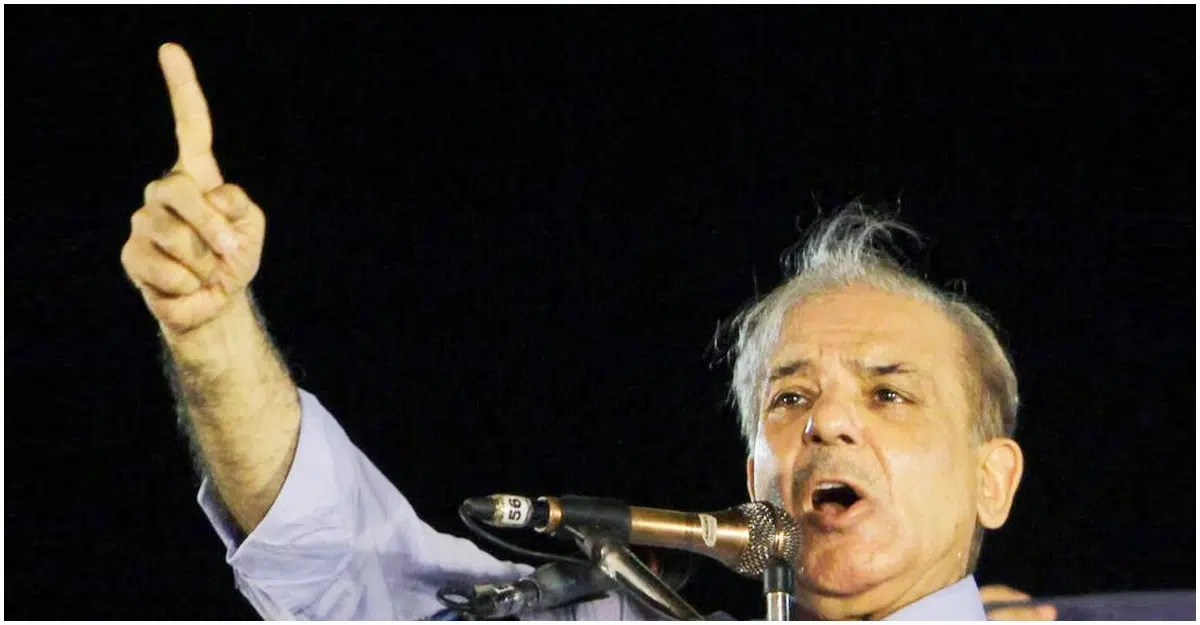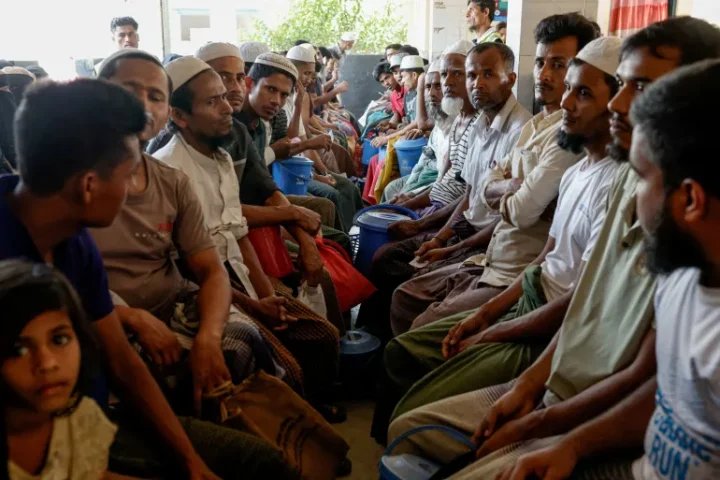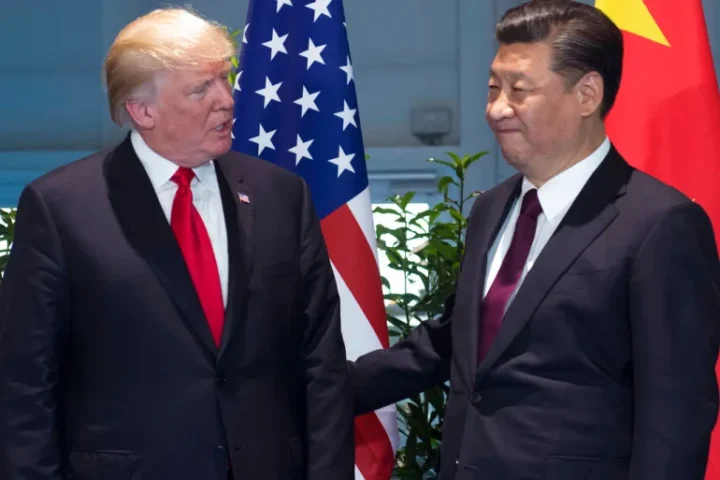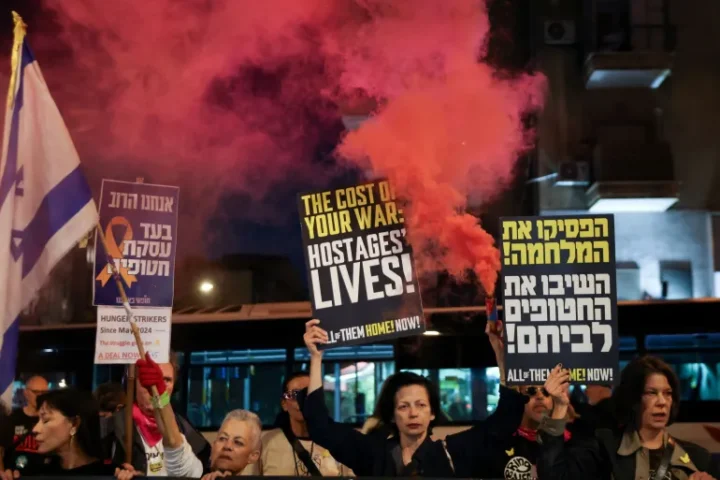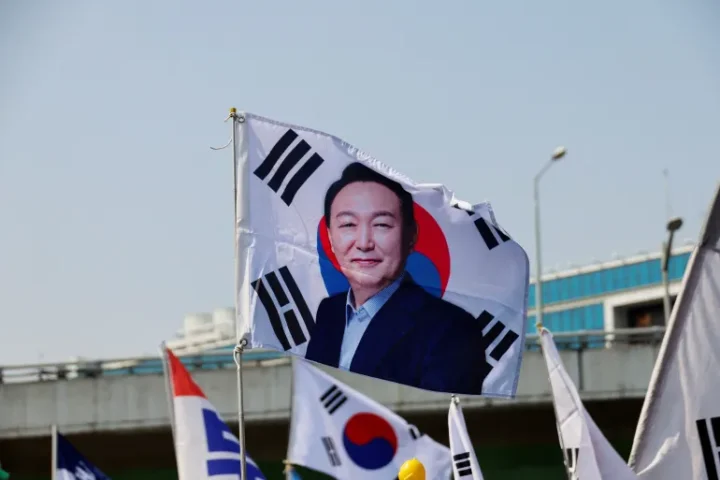Says Shehbaz after being elected new Pak PM, announces raft of populist measures
Pakistan lawmakers yesterday elected Shehbaz Sharif as the country’s new prime minister following the weekend ouster of Imran Khan, who resigned his national assembly seat — along with most of his party members — ahead of the vote.
Khan was dismissed Sunday after losing a no-confidence vote, paving the way for an unlikely alliance that faces the same issues which bedevilled the cricket star-turned-politician — a weak economy, rising militancy, and soured relations with the West.
Shehbaz immediately announced a raft of populist measures, including a new minimum wage of 25,000 rupees (around $135), pay rises for civil servants, and development projects in rural areas.
He also said he wanted better relations with neighbour India, but a solution needed to be found for Kashmir — the contested Himalayan territory at the heart of decades of their conflict.
Shehbaz, leader of the centrist Pakistan Muslim League-N (PML-N), was the only candidate for premier after Khan loyalist Shah Mahmood Qureshi, the former foreign minister, withdrew his candidacy and resigned his seat.
“It’s a victory of righteousness, and evil has been defeated,” he said in his maiden speech as premier, suggesting no end to what has been a bitter political battle.
Later in the day, Shehbaz was sworn in as the country’s prime minister at the President House.
The oath was administered by the chairman of Pakistan’s Senate, Sadiq Sanjrani, in the absence of President Arif Alvi, a member of Khan’s party, who said he was unwell.
Shehbaz’s first task will be to form a cabinet that will also draw heavily from the centre-left Pakistan Peoples Party (PPP), as well as find space for the smaller conservative Jamiat-ulema-e-Islam-F (JUI-F) group.
The PPP and PML-N are dynastic parties that have dominated Pakistani politics for decades — usually as bitter rivals — but their relations are sure to fray in the lead-up to the next election, which must be held by October 2023.
“History knows there is no ideological convergence among them,” Qureshi said before storming out.
They need to tackle soaring inflation, a feeble rupee and crippling debt, while militancy is also on the rise — with Pakistan’s Taliban emboldened by the return to power last year of the hardline Islamist group in neighbouring Afghanistan.
“The situation is very bad, but I am sure that we will change it with the blessing of Allah and with hard work,” said Shehbaz.
The new premier may also rethink Pakistan’s global alignment, which drifted away from Washington under Khan and closer to Russia and China — a vital economic partner, reports AFP.
“On the foreign policy front we have to face a lot of debacles. Our strategic partners left us,” he said.
Shehbaz is the younger brother of disgraced three-time prime minister Nawaz Sharif, and Pakistan media are already speculating the latter may soon return from exile in Britain.
The elder Sharif was dismissed in 2017 and later jailed for 10 years by an accountability court on graft charges after revelations from the Panama Papers, but was released to seek medical treatment abroad.
Former prime minister Imran Khan insists he has been the victim of a “regime change” conspiracy involving Washington and his opponents, and has vowed to take his fight to the streets in the hope of forcing an early election.
The mass PTI resignations signal that Khan intends to make good a threat to disrupt the new administration and take his fight to the streets, and he called again for mass protests across the country.
“Whether his agitation ability has grown or shrunk in last few weeks remains to be seen,” said analyst Mosharaf Zaidi.

